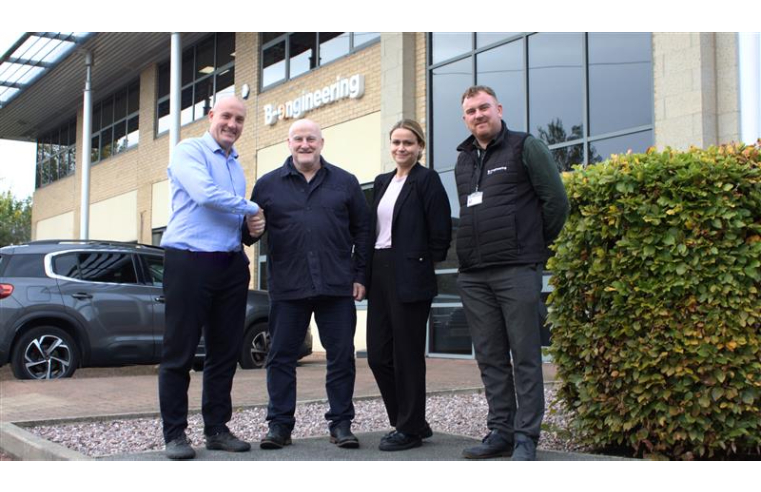Cloudfm is aiming to lead the facilities management industry with a full-scope net zero emissions target for 2035.
The company has already met its scope 1 and 2 science-based emissions targets and is now setting its sights on scope 3.
Cloudfm says it has made the move because it recognises that a “large part of its carbon footprint is in scope 3”, which includes the indirect emissions produced by a business. It includes factors such as employee commutes, business travel, trash, goods and services acquired, products produced, product disposal at the end of their useful lives, distribution, and more.
Cloudfm has chosen to set Science Based Targets (SBTi) to measure the pace of change and inform plans to ensure rigour around the goals. The Science Based Targets initiative (SBTi) is a partnership between CDP, a not-for-profit charity that runs the global environmental disclosure and reporting system, the United Nations Global Compact, World Resources Institute (WRI) and the World Wide Fund for Nature (WWF).
Science-based targets show companies how much and how quickly they need to reduce their greenhouse gas (GHG) emissions to prevent the worst effects of climate change and keep within a 1.5°C temperature rise.
Katrina Christopoulos, Head of ESG at Cloudfm, said: “Cloudfm has set out to lead the facilities management industry and will be sharing best practices with its customers, supply chain and the wider industry. We have established clear targets and a methodology for achieving those goals within the timeframe. There is no time to waste, and we want to collaborate to develop the quickest and most successful initiatives to decarbonise our industry.”
The company is engaging its supply chain with a new programme to help them manage the transition to net zero.
The fast-growing FM business has also teamed up with EcoVadis, the world’s largest and most trusted provider of business sustainability ratings, with a global network of more than 100,000 companies. It has given Cloudfm an Environment, Social, Governance (ESG) score to enable the company to manage its impacts across these broad areas better. As a result, the company has already achieved a silver rating in the 82nd percentile.
Christopoulos added: “Using the Ecovadis tool has helped us identify our gaps and fine-tune our impact areas; we have to focus on where we can make the biggest difference. In future, we will be asking some of our suppliers to take the assessment so we can now support them through that process.
“Recent figures from the Climate Group show that 40 per cent of global greenhouse gas emissions come from buildings and, if left unchecked, they’re set to double by 2050, so it’s essential that companies start to accelerate their net zero plans.”
To support carbon reduction at building level Cloudfm has developed patent-pending technology that uses IoT, Machine Learning and Artificial Intelligence to monitor buildings and all mechanical assets within those buildings. The Mindsett PRISM smart box takes energy monitoring and insight to a new level, including multi-dimensional harmonics to report energy consumption and predict failure long before it happens.
Extensive trials in the hospitality industry and NHS have shown that when combined with behavioural science, technology reduces energy consumption by at least 20 per cent. A substantial monetary saving and a significant CO2 reduction.
Jeff Dewing, CEO of Cloudfm, said: “Climate change is the defining issue of our age, and urgent action is required now. We are working hard to make an impact through investment in the latest technologies and by working with our industry partners to ensure best practices are implemented as soon as possible.”



































